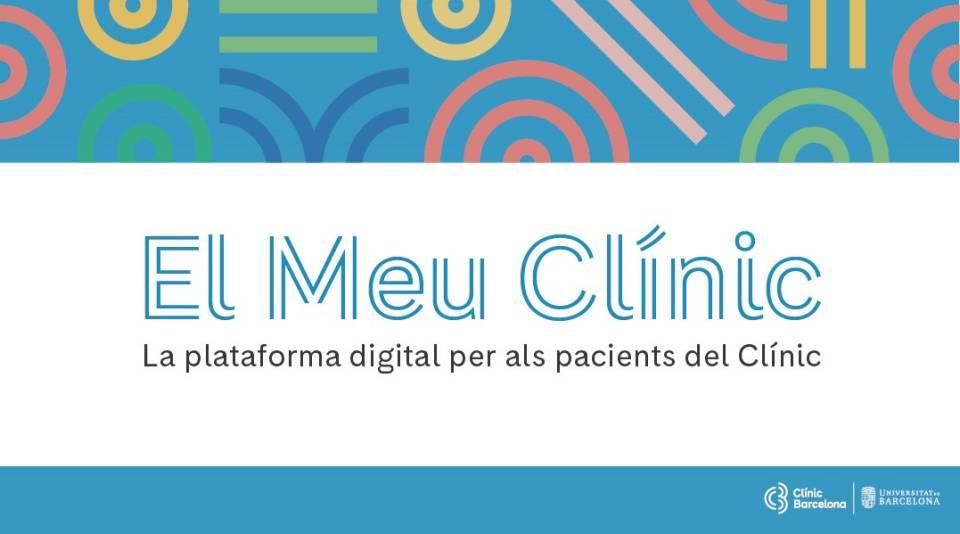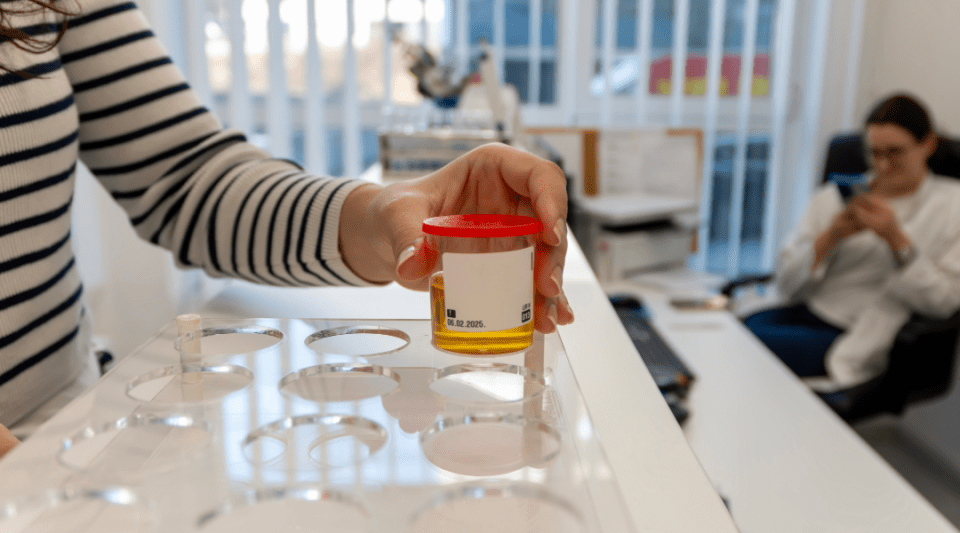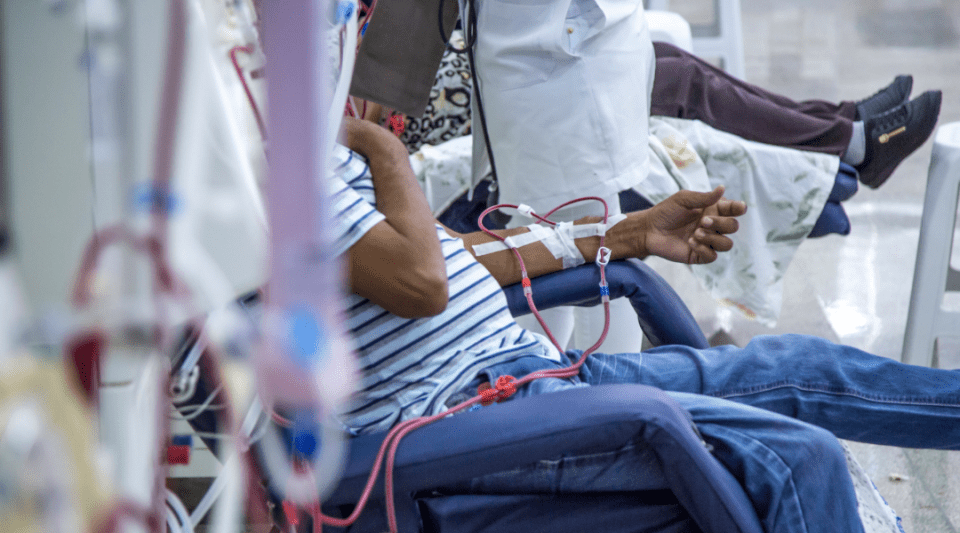Substantiated information by:
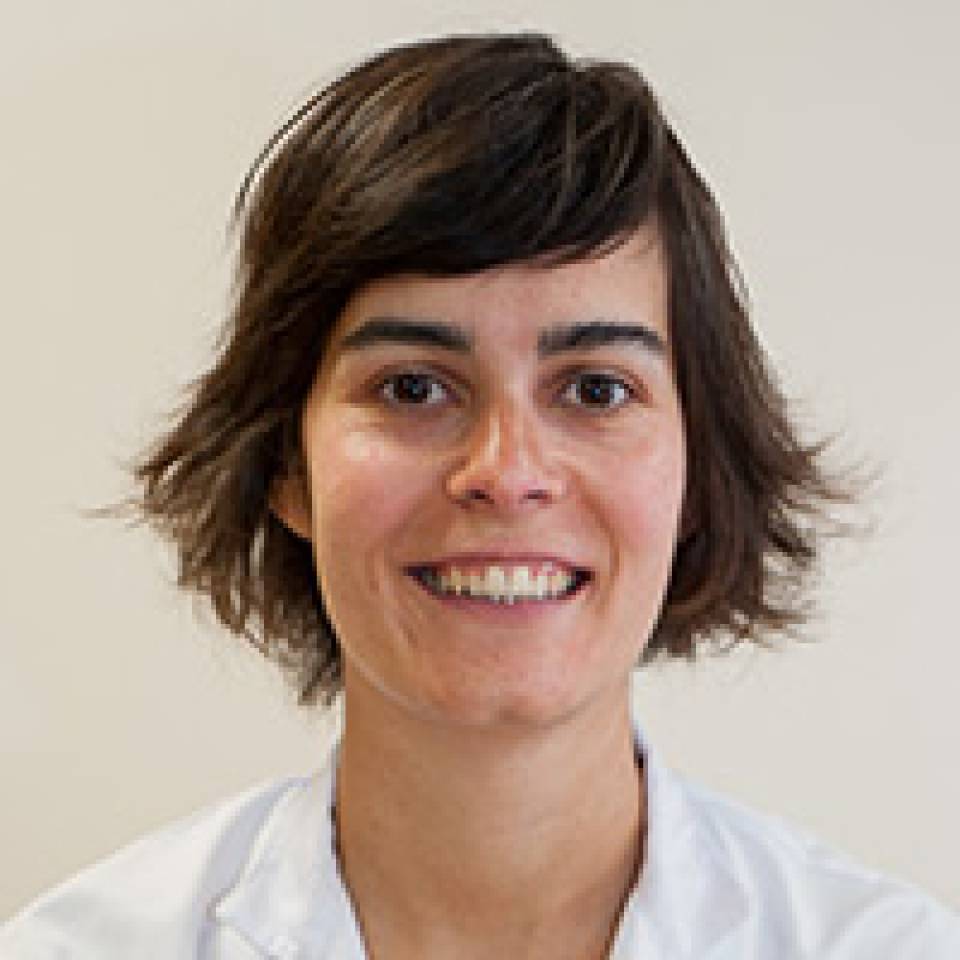
Daría Roca Espino
Nurse expert in Diabetes and Therapeutic Education
Endocrinology Department

Enrique Esmatjes Mompo
Endocrinologist
Endocrinology Department
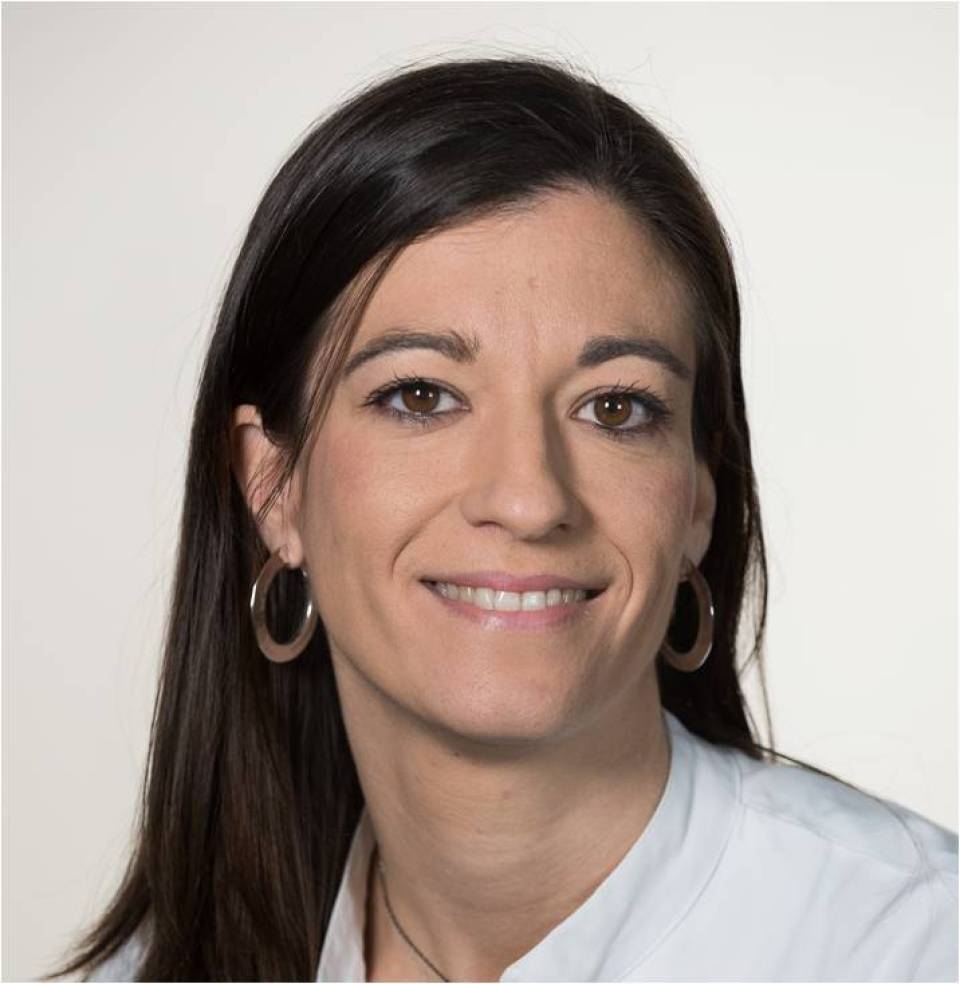
Irene Vinagre Torres
Endocrinologist
Endocrinology Department

Margarida Jansà Morató
Nurse expert in Diabetes and Therapeutic Education
Endocrinology Department
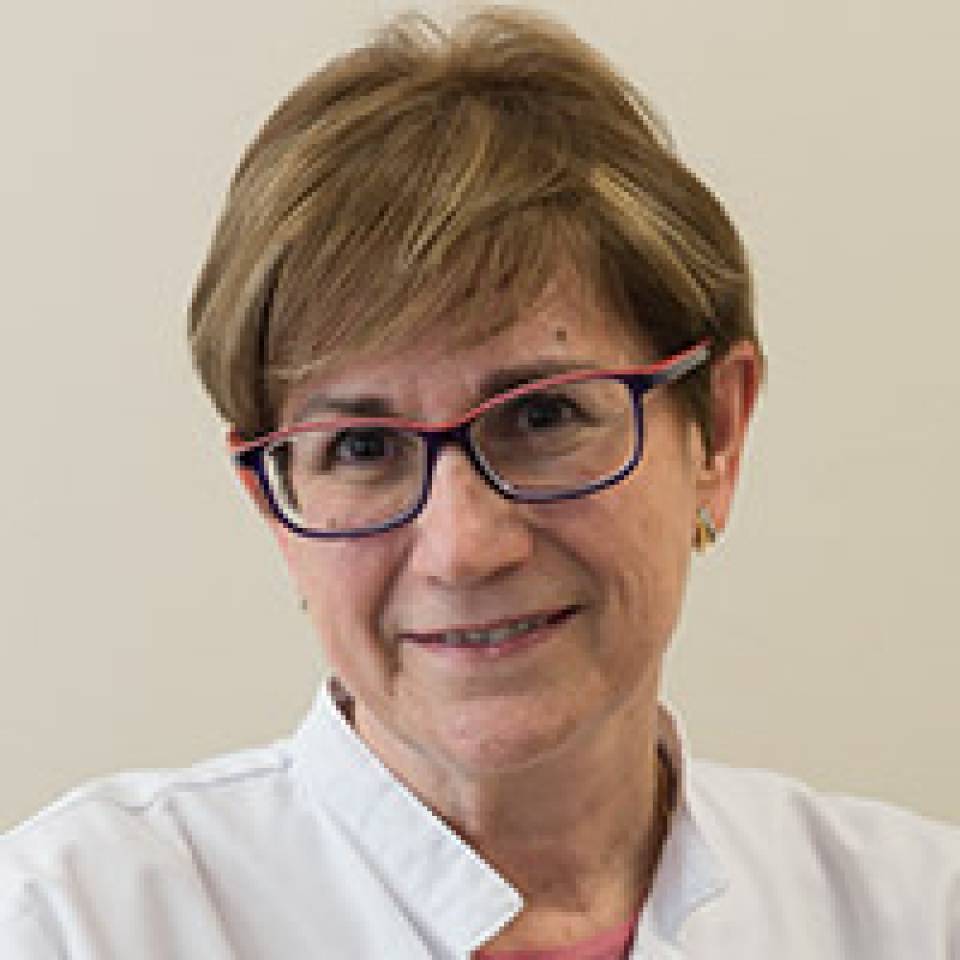
Mercè Vidal Flor
Nurse expert in Diabetes and Therapeutic Education
Endocrinology Department
Published: 20 February 2018
Updated: 24 November 2021
The donations that can be done through this webpage are exclusively for the benefit of Hospital Clínic of Barcelona through Fundació Clínic per a la Recerca Biomèdica and not for BBVA Foundation, entity that collaborates with the project of PortalClínic.
Subscribe
Receive the latest updates related to this content.
Thank you for subscribing!
If this is the first time you subscribe you will receive a confirmation email, check your inbox
An error occurred and we were unable to send your data, please try again later.
